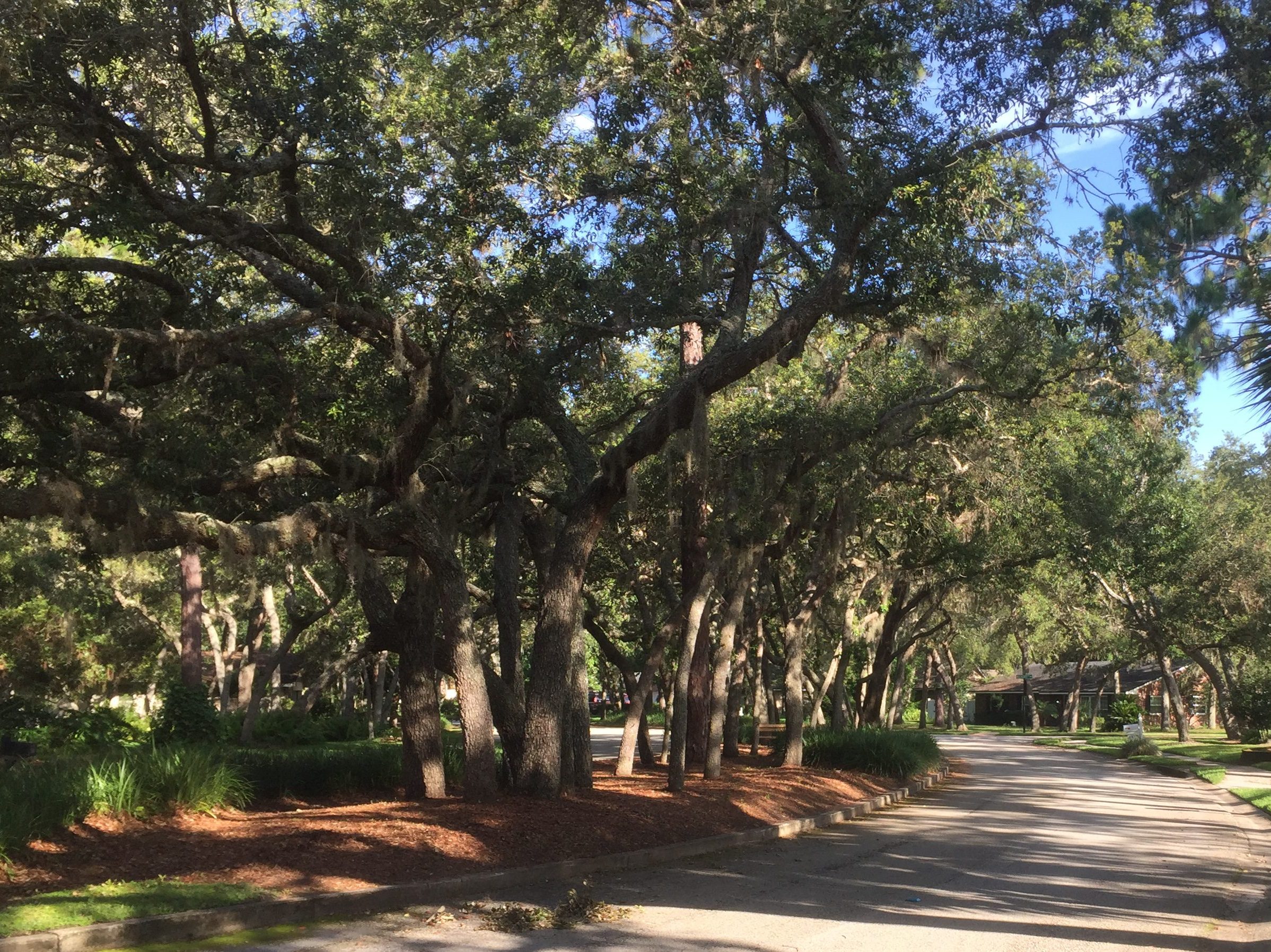On the Day After Christmas
A 1990 editorial in The New York Times called W. H. Auden’s poem, For the Time Being “one of the most powerful expressions of the meaning of Christmas in the 20th century.”
The writer acknowledged that it “will never replace The Night Before Christmas or the seasonal pageant at Radio City Music Hall,” but it is “a Christmas that can glimpse redemption even in the trivialization of Christmas, a Christmas for the day after Christmas. This is a Christmas for grown-ups.”
Well, so that is that. Now we must dismantle the tree,
Putting the decorations back into their cardboard boxes –
Some have got broken – and carrying them up to the attic.
The holly and the mistletoe must be taken down and burnt,
And the children got ready for school. There are enough
Left-overs to do, warmed-up, for the rest of the week –
Not that we have much appetite, having drunk such a lot,
Stayed up so late, attempted – quite unsuccessfully –
To love all of our relatives, and in general
Grossly overestimated our powers. Once again
As in previous years we have seen the actual Vision and failed
To do more than entertain it as an agreeable
Possibility, once again we have sent Him away,
Begging though to remain His disobedient servant,
The promising child who cannot keep His word for long.
The Christmas Feast is already a fading memory,
And already the mind begins to be vaguely aware
Of an unpleasant whiff of apprehension at the thought
Of Lent and Good Friday which cannot, after all, now
Be very far off. But, for the time being, here we all are,
Back in the moderate Aristotelian city
Of darning and the Eight-Fifteen, where Euclid’s geometry
And Newton’s mechanics would account for our experience,
And the kitchen table exists because I scrub it.
It seems to have shrunk during the holidays. The streets
Are much narrower than we remembered; we had forgotten
The office was as depressing as this. To those who have seen
The Child, however dimly, however incredulously,
The Time Being is, in a sense, the most trying time of all.
For the innocent children who whispered so excitedly
Outside the locked door where they knew the presents to be
Grew up when it opened. Now, recollecting that moment
We can repress the joy, but the guilt remains conscious;
Remembering the stable where for once in our lives
Everything became a You and nothing was an It.
(“For the Time Being: A Christmas Oratorio” W.H. Auden: Collected Poems)
The Times editorial concluded that the challenge of the poem is “to recognize the miracle of God’s entry into all that is routine and mundane.”
May the Christ who came among us at Christmas be the One we find in the mundane days of our lives.
Grace and peace,
Jim

Mr. Harnish, Thank you for delivering to me peaceful, hopeful news reminding me that there are still the people who care and also reminding me to look within myself. I am a Christian but am disillusioned with Christians who seem to have so much hate in their hearts and willing to overlook anything to win politically. A gentler, kinder world is welcomed. Thank you
Sent from my iPhone
>
Thanks again, Jim, for reminding us of the obvious we so seldom see. For a better New Year,
Larry
Thanks Jim, and merry Christmas and a joyous new year to you ! David Gill
Thank you for your loving messages and Happy New Year!
Sent from my iPad
>
Jim; Thanks for your articles. I look forward to them. Jack
Jack: Thanks. Wish we were close enough to have some of those wonderful conversations we shared in the past. I’m grateful for your friendship.